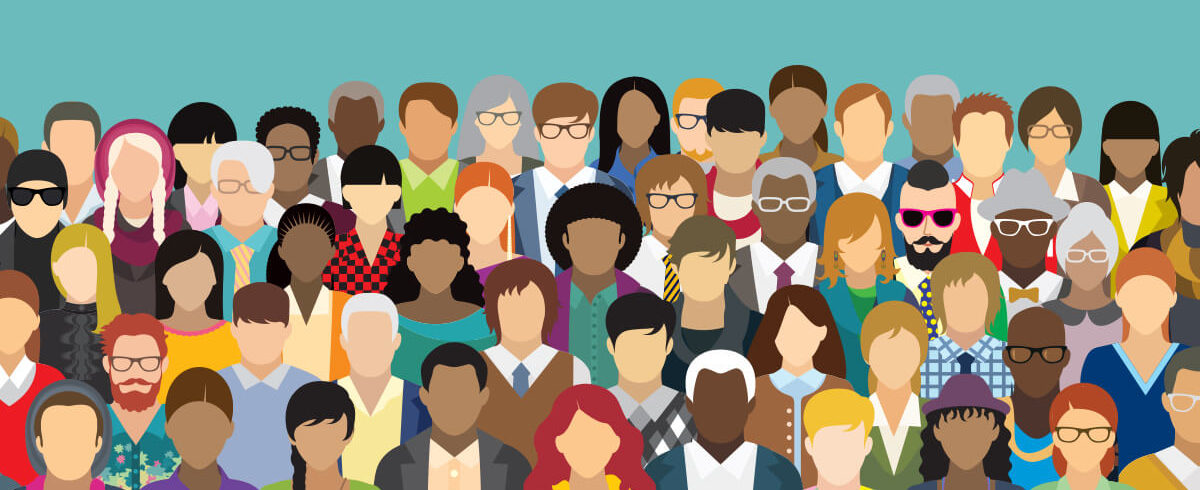Mahatma Gandhi was on to something when he said that “Our ability to reach unity in diversity will be the beauty and the test of our civilization.” When Gandhi spoke those words, he was undoubtedly referring to the world as a whole and everything (and everyone) in it. All these years later, those words still apply. Today, diversity, equity, and inclusion (DEI) permeate every part of society, especially in the workplace, where we continue to read headlines citing unfair and unethical practices. For example, 68% of C-level executives are white men while only 4% are women of color or that more than three in five workers have witnessed or experienced discrimination in the workplace based on age, race, gender, or LGBTQ identity. Now more than ever, businesses need to understand DEI and its importance in today’s workplace.
What’s Diversity, Equity, and Inclusion (DEI)?
It’d be unfair to define diversity, equity, and inclusion in a sentence or two. To fully understand what it is and its importance, one must break it down into equal parts. What’s diversity? What’s equity? What’s inclusion? Understanding each building block is the only way to understand DEI as a whole and why it’s essential in today’s workplace.
What’s Diversity in the Workplace?
Diversity is the presence of differences in the workplace—think psychological, physical, and social differences such as race, religion, sexual orientation, gender, age, ethnicity, and education.
What’s Equity in the Workplace?
Equity is tied to the fair treatment of everyone in the workplace regardless of any individual’s differences. Whether you are talking about a Fortune 500 company or a scrappy startup, equity equates to everyone in the workplace knowing what to expect, what is expected of them, and having the same opportunities for items like pay and advancement.
What’s Inclusion in the Workplace?
Inclusion in the workplace means that everyone can come to work—virtually or in-person—and feel comfortable and confident being themselves. In essence, everyone feels valued—it refers to how people with different identities feel like part of the greater group.
These definitions define DEI in the workplace. You cannot have just one or two. You can’t just invest in diversity and equity but neglect inclusion. You can’t only focus on inclusion while putting equity and diversity on the back burner. To execute at the highest level, you need them all.
Why is Diversity, Equity, and Inclusion (DEI) Important in Today’s Workplace?
Diversity, equity, and inclusion (DEI) isn’t essential in today’s workplace—it’s imperative. To excel in today’s socially aware, instant feedback, and media-driven society, DEI is something a successful business cannot ignore.
From a fundamental standpoint, everyone, regardless of their differences, deserves to be treated equally with honesty, fairness, and respect. That alone should be enough to shift your (company’s) focus and garner an increased investment in DEI.
Beyond that, however, DEI is vital in today’s workplace:
- Innovation: According to a recent study, companies with increased diversity levels often demonstrate the ability to innovate faster and more effectively.
- Recruiting: A company that invests in DEI is more likely to attract top talent as it draws from a much larger and more diverse talent pool. Over 86% of job seekers say diversity in the workplace is essential when looking for a job.
- Retention: An investment in DEI can also increase employee retention. According to a Great Place to Work study, when employees trust that their employers will treat them fairly, they are 5.4X more likely to want to stay longer at their current company.
These statistics underline the importance and impact that DEI can have. While that’s a good enough reason to place a premium on it, diversity, equity, and inclusion in the workplace are better for the greater good; it’s what the world needs.
